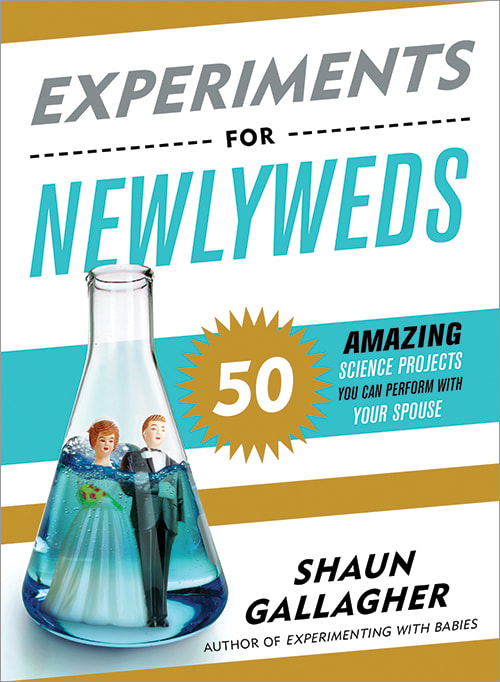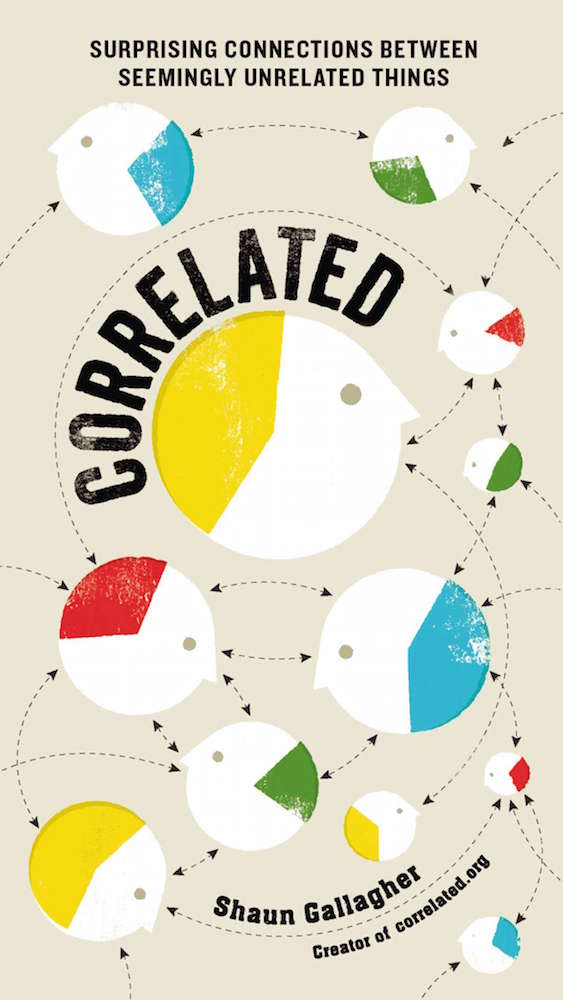I've been in software engineering management for about 8 years, and throughout that time,
I've prided myself on taking good notes during meetings. It was a skill I routinely relied on in my previous career as a journalist, and
I carried the practice with me into the software engineering world.
But within the past two years, I've discovered three ways to improve the value those notes provide for both myself and the other person on the call.
I didn't intentionally set out to boost the value of my note-taking; I just happened to notice that what I was doing was working really well and was appreciated by
the people with whom I met.
Here are my three note-taking hacks:
Make them visible. First, I share my screen during the call so the other person can see the notes I'm taking as I'm writing them.
This lets them see how I'm translating our conversation into raw notes, and ideally they're able to collaborate with
me in the process by correcting anything I've captured incorrectly (or failed to capture).
Make them accessible. If I'm using a tool like Lattice that has a shared notes field, the other person on the call will automatically have access to the notes afterward.
If not, I make it a practice to send the notes to them by some other means, such as through Slack or email. That way, both of us have a copy we can refer back to
whenever needed. In recurring 1:1s, I'll sometimes start by pulling up our shared notes from our previous meeting, and it's a great way to refresh our memories
and make sure we haven't let anything slip through the cracks.
Enrich them. Recently, I've started including AI-generated summaries of the raw notes as well. I've created a custom prompt that instructs the LLM
to pay special attention to action items and list them at the bottom of the messages, and I've gotten pretty impressive results with minimal effort.
I've also created a mini dictionary of abbreviations I often use in my note-taking, which has helped the LLM improve the accuracy of its summaries.
For me, the value this strategy provides is twofold:
• I know I can easily look back over notes from past meetings if I've forgotten a detail, which helps reduce my mental load.
• I know the other party has had a chance to view the notes, which increases my confidence that we have a shared understanding of what they represent.
Among the positive feedback I've received after making this a standard practice in meetings:
• It underscores my communication skills
• They perceive me as detail-oriented
• They perceive me as going above and beyond
These simple steps aren't especially novel or revolutionary, but when I look back on how useful they've been to me, and on the frequency of positive feedback I get from others
about my process, I figure they're worth sharing more broadly.



